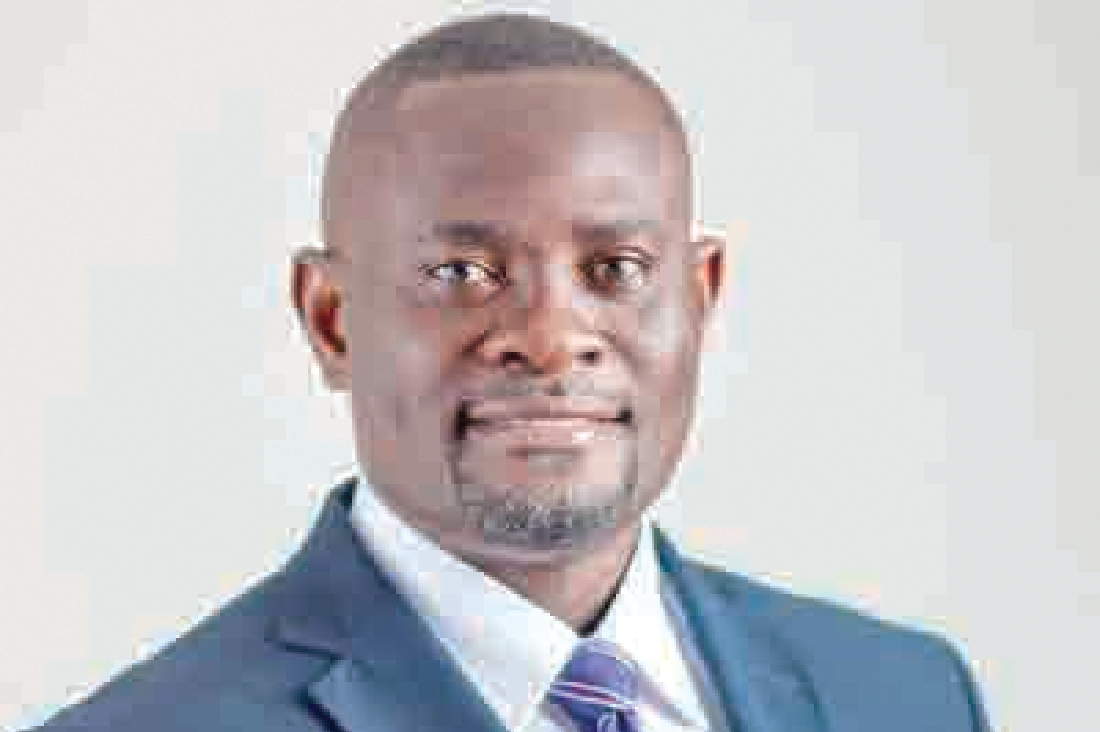
Revenue measures will yield expected results — Deputy Finance Minister
In spite of the myriad of economic challenges bedeviling the country, the government is confident that measures put in place to improve revenue will yield the expected results.
A Deputy Minister of Finance, Dr John Kumah, said one key intervention in the revenue mobilisation drive was the automation of the revenue administration processes and big data management, which he said would help increase government revenue.
He said the Ghana Revenue Authority (GRA) had also introduced a number of revenue administration systems such as the Integrated Customs Management Systems (ICUMS), the Ghana.gov. platform, the cashless system, the Revenue Assurance and Compliance enforcement interventions and the debt management measures, which are all aimed at increasing government revenue.
“These key interventions are meant to identify and eliminate revenue leakages by taking out the human factor in the processes and block revenue loopholes.”
“This is a sure way to improve domestic revenue mobilisation and improve the revenue to gross domestic product (GDP) ratio for Ghana from the current 13 per cent to the 20 per cent target by 2023,” he stated.
Dr John Kumah said this when he delivered a speech at the 2022 Internal Audit Conference held in Accra.
He said the Ministry would continue to rely on Internal Auditors to provide assurance on revenue administration to improve the work of revenue administration.
Policy initiatives
Dr Kumah said in order to ensure macroeconomic stability and fiscal policy of the country, the government had introduced several policy initiatives aimed at creating jobs and accelerating economic development.
He mentioned, for instance, the Ghana Cares Programme, YouStart, Planting for Food and Jobs, the Free Senior High School Education, among other things, and noted that these have seen substantial investments by government.
He, therefore, urged the Internal Audit Director-General to continue to provide assurance over the use of such funds to help ensure proper use of the funds for the achievement of the noble intentions of the government.
“As the economy gradually recovers, there is the need to sustain efforts aimed at eliminating weaknesses in our financial management processes which continue to undermine the revenue mobilisation and effective expenditure management goals of the government.”
“It has become critical to address fiscal indiscipline, and minimise corruption and waste in the management of public resources, while ensuring that development is attained with the limited resources available,” he stated.
Global economic challenges
The Deputy Finance Minister reiterated that Ghana was currently experiencing its fair share of the global economic challenges, which are manifested among other things into high inflation, pressure on the currency and difficulties with raising adequate domestic revenue.
He said this situation had called for extraordinary measures instituted by the government aimed at mitigating the depreciation of the cedi, ensuring expenditure discipline and provide relief in the face of the global fuel price hikes and inflation, as well as ensuring that priority programmes meant to grow the economy are protected.
“These included; a 30 per cent cut in discretionary expenditure, a 50 per cent cut in fuel coupon allocations for all political appointees and Heads of government institutions, including SOEs, a complete moratorium on the purchase of imported vehicles for the rest of the year.”
“Others include measures to eliminate “ghost” workers from the government payroll by end of December 2022, reduce expenditure on all meetings and conferences by 50 per cent, pursue a comprehensive re-profiling strategy to reduce the interest expense burden on the fiscal,” he stated.